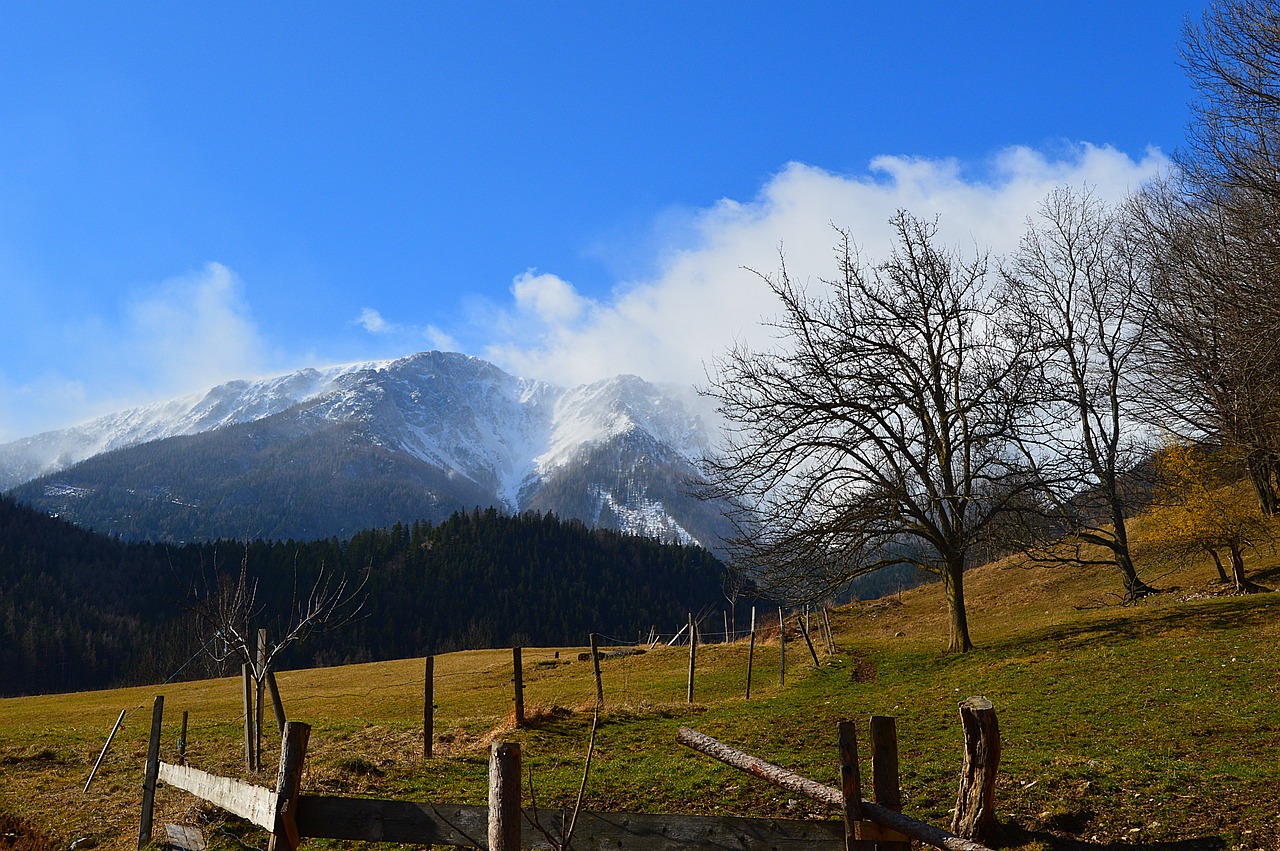Septic System Site Selection Tips
laser 247 book, silverexch com, 11xplay:When it comes to septic system installation, one of the most critical factors to consider is site selection. Choosing the right location for your septic system can help ensure its efficiency and longevity. In this article, we will provide you with some essential tips for selecting the ideal site for your septic system.
1. Consider Local Regulations and Codes
Before selecting a site for your septic system, it is crucial to check with your local health department or environmental agency to understand the regulations and codes governing septic system installation in your area. Different areas may have specific requirements regarding setbacks, soil types, and drainage considerations.
2. Assess the Soil Conditions
The soil composition of the site plays a significant role in determining the success of your septic system. Conduct a soil percolation test to determine how quickly the soil absorbs water. Ideally, you want soil that allows for adequate drainage without being too porous or compacted.
3. Evaluate the Slope of the Land
The slope of the land where your septic system will be installed is another essential factor to consider. A flat or gently sloping site is preferable to prevent water from pooling around the septic system. Avoid installing the system in low-lying areas where water can accumulate during heavy rainfall.
4. Check for Nearby Water Sources
Ensure that your chosen site is away from any nearby water sources, such as wells, streams, or rivers. A septic system that is too close to a water source can pose a risk of contamination if it malfunctions or leaks.
5. Consider Accessibility for Maintenance
When selecting a site for your septic system, keep in mind the accessibility for maintenance and repairs. Make sure the site is easily accessible for pumping and inspection to ensure the longevity of your septic system.
6. Avoid Areas with High Water Tables
High water tables can pose a significant problem for septic systems, as they can interfere with the drainage and treatment of wastewater. Avoid installing your septic system in areas with high water tables to prevent potential issues in the future.
7. Think About Landscaping and Land Use
Consider the existing landscaping and land use of the site when selecting a location for your septic system. Avoid areas with extensive tree roots or landscaping that may need to be disturbed during installation or maintenance.
8. Hire a Professional for Site Evaluation
If you are uncertain about selecting the right site for your septic system, consider hiring a professional to conduct a site evaluation. A septic system professional can assess the site and provide recommendations based on soil conditions, topography, and local regulations.
9. Consult with Neighbors
If possible, talk to neighbors who have septic systems installed on their properties. They may have valuable insights and recommendations based on their own experiences with site selection and installation.
10. Consider Future Expansion Needs
When choosing a site for your septic system, think about any potential future expansion needs. If you plan to build additions to your home or increase the number of occupants, ensure that the site can accommodate a larger septic system if necessary.
11. FAQs
Q: What is a septic system?
A: A septic system is an on-site wastewater treatment system commonly used in rural areas where centralized sewage systems are not available. It consists of a septic tank and a disposal field where wastewater is treated and disposed of underground.
Q: How often should a septic system be pumped?
A: It is recommended to pump your septic system every 3-5 years to prevent sludge and scum buildup in the tank. However, the frequency of pumping may vary depending on the size of your tank and the number of occupants in your home.
Q: Can I install a septic system myself?
A: It is not recommended to install a septic system yourself unless you have the necessary knowledge and experience. Improper installation can lead to system failure, environmental contamination, and costly repairs. It is best to hire a professional to install your septic system.
In conclusion, selecting the right site for your septic system is crucial for its functionality and longevity. Consider factors such as soil conditions, slope, accessibility, and proximity to water sources when choosing a location for your septic system. By following these tips and consulting with professionals, you can ensure a successful septic system installation that meets all regulatory requirements and provides reliable wastewater treatment for your property.







